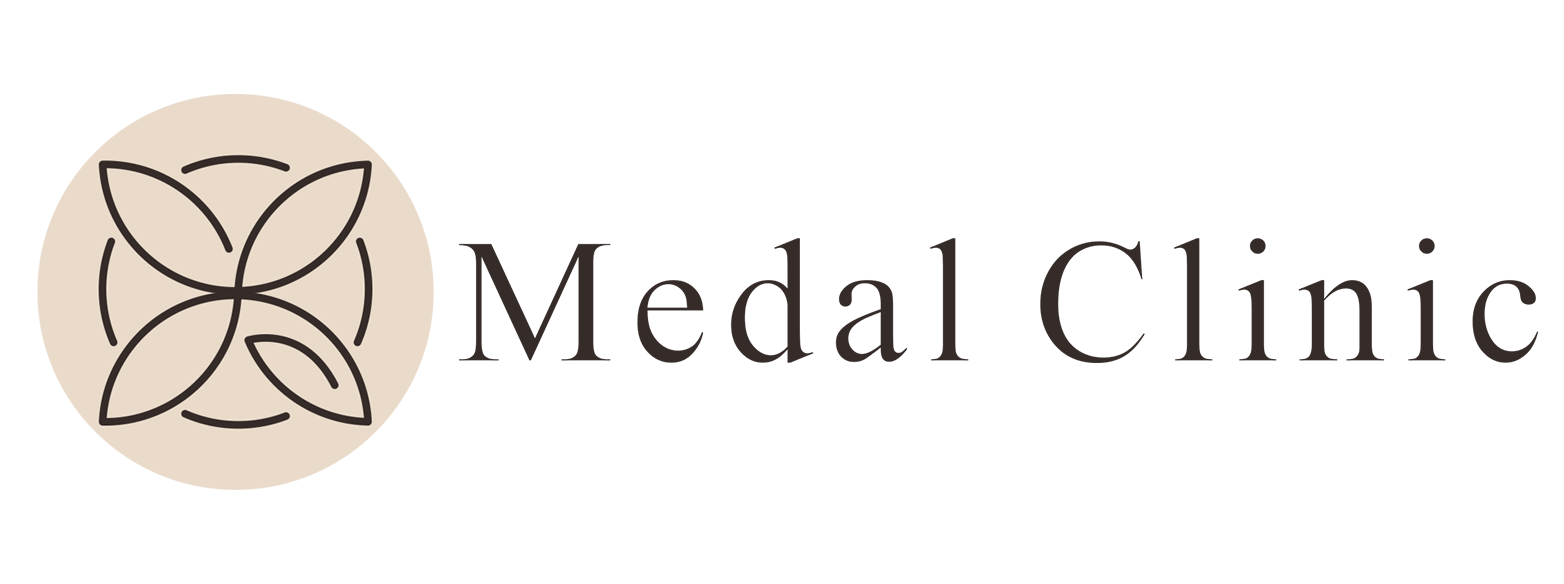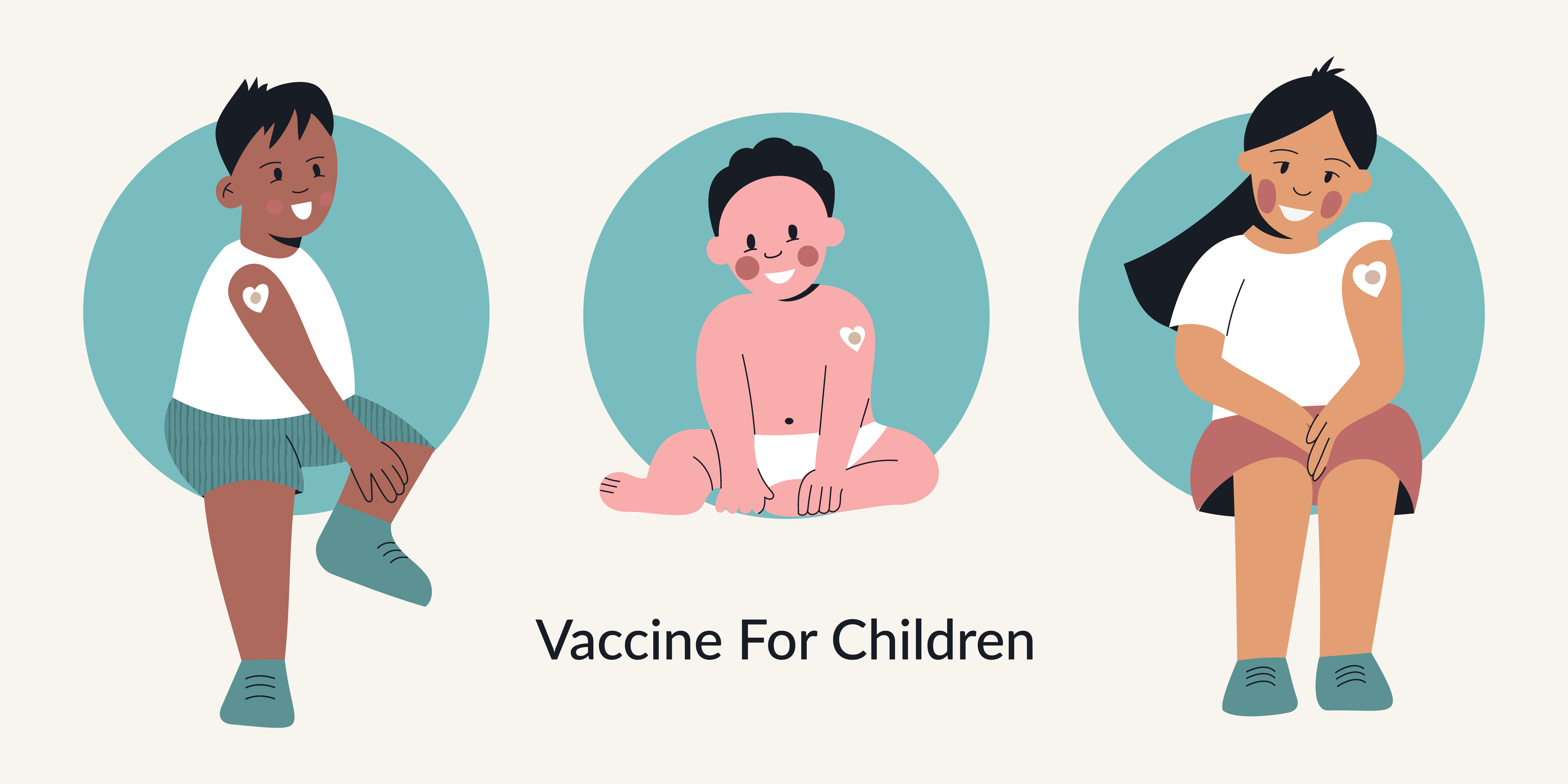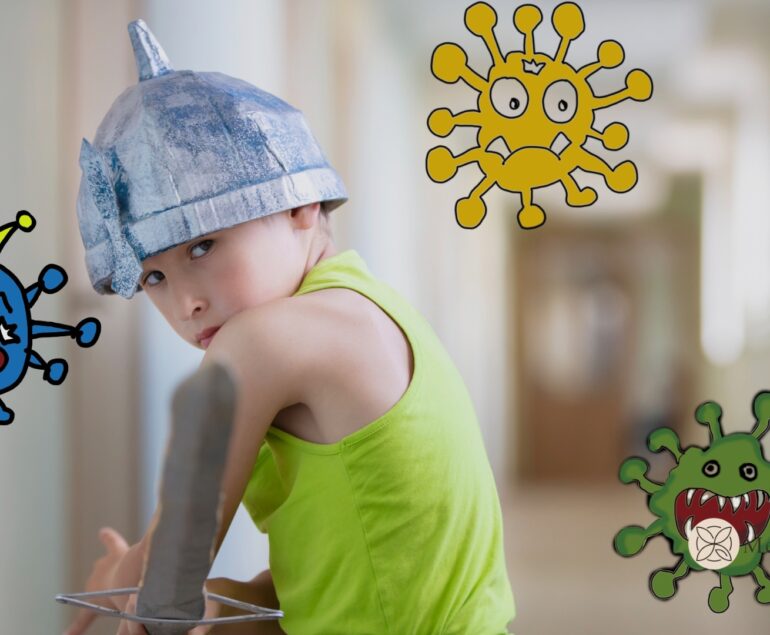Childhood Vaccinations: What Parents Should Know
Childhood vaccinations are a crucial aspect of preventive healthcare. They play a vital role in protecting children from harmful and potentially life-threatening diseases. As a parent, understanding the importance, safety, and benefits of childhood vaccinations is essential. In this blog post, we will explore key information that parents should know about childhood vaccinations to make informed decisions for their children’s well-being.
The Importance of Childhood Vaccinations: Childhood vaccinations are designed to prevent infectious diseases that can be serious or even fatal. Vaccinations have been instrumental in reducing the incidence of diseases like measles, polio, whooping cough, and others. By immunizing your child, you not only protect them but also contribute to community immunity, safeguarding those who cannot receive vaccines due to medical reasons.
Vaccine Safety: Vaccines undergo rigorous testing and monitoring to ensure their safety and efficacy. Extensive research and clinical trials are conducted before vaccines are approved for use. Adverse reactions to vaccines are rare, and the benefits of vaccination far outweigh the risks. The most common side effects are typically mild and temporary, such as redness or soreness at the injection site.
Recommended Vaccine Schedule: Following the recommended vaccine schedule is crucial to provide optimal protection for your child. The Centers for Disease Control and Prevention (CDC) and other health organizations provide guidelines outlining when each vaccine should be administered. Staying on schedule ensures that children are protected at the earliest possible age, when they may be most vulnerable to certain diseases.
Vaccine Preventable Diseases: Childhood vaccines protect against a range of diseases. Some examples include measles, mumps, rubella, diphtheria, tetanus, pertussis (whooping cough), polio, hepatitis B, Haemophilus influenzae type b (Hib), and pneumococcal disease. By vaccinating your child, you significantly reduce their risk of contracting these illnesses and experiencing their associated complications.
Herd Immunity: Herd immunity, also known as community immunity, occurs when a significant portion of the population is vaccinated, making it difficult for a disease to spread. This protects vulnerable individuals who cannot receive vaccines, such as newborns or those with weakened immune systems. By vaccinating your child, you contribute to the overall health and well-being of your community.
Communicating with Healthcare Providers: Open communication with your child’s healthcare provider is essential. They can address any concerns or questions you may have about vaccines. Discussing your child’s medical history, potential allergies, and previous vaccine reactions will help the healthcare provider determine the safest and most appropriate vaccination plan for your child.
Reliable Sources of Information: When seeking information about childhood vaccinations, it is important to rely on reputable sources. Trusted sources include the CDC, World Health Organization (WHO), American Academy of Pediatrics (AAP), and local healthcare authorities. Avoid misinformation and myths that can lead to unnecessary concerns or fear.
In Conclusion: Childhood vaccinations are a crucial aspect of protecting children from preventable diseases. Understanding the importance, safety, and benefits of vaccines empowers parents to make informed decisions about their children’s health. By following the recommended vaccine schedule and relying on reliable sources of information, parents can contribute to the well-being of their children and the broader community. Vaccines save lives and help create a healthier future for our children.
FAQ's
Why are childhood vaccinations important?
Childhood vaccinations are crucial as they protect children from serious and potentially life-threatening diseases. They also contribute to community immunity, safeguarding those who cannot be vaccinated.
Are childhood vaccines safe?
Yes, childhood vaccines are extensively tested for safety and efficacy before they are approved for use. Adverse reactions are rare, and the benefits of vaccination outweigh the risks.
What are the common side effects of childhood vaccines?
The most common side effects of childhood vaccines are mild and temporary, such as redness or soreness at the injection site. Serious side effects are extremely rare.
What diseases do childhood vaccines protect against?
Childhood vaccines protect against diseases like measles, mumps, rubella, diphtheria, tetanus, pertussis (whooping cough), polio, hepatitis B, Hib, and pneumococcal disease, among others.
What is the recommended vaccine schedule for children?
The Centers for Disease Control and Prevention (CDC) provides a recommended vaccine schedule outlining when each vaccine should be administered. Staying on schedule ensures optimal protection for children.
What is herd immunity and why is it important?
Herd immunity occurs when a significant portion of the population is vaccinated, making it difficult for diseases to spread. This protects vulnerable individuals who cannot receive vaccines, creating a safer community.
Can I delay or skip vaccines for my child?
It is best to follow the recommended vaccine schedule. Delaying or skipping vaccines can leave your child susceptible to preventable diseases and may put their health at risk.
How long does vaccine protection last?
Vaccine protection varies depending on the disease and vaccine. Some vaccines provide long-lasting immunity, while others may require booster shots to maintain effectiveness. Your healthcare provider can provide guidance on specific vaccines.





